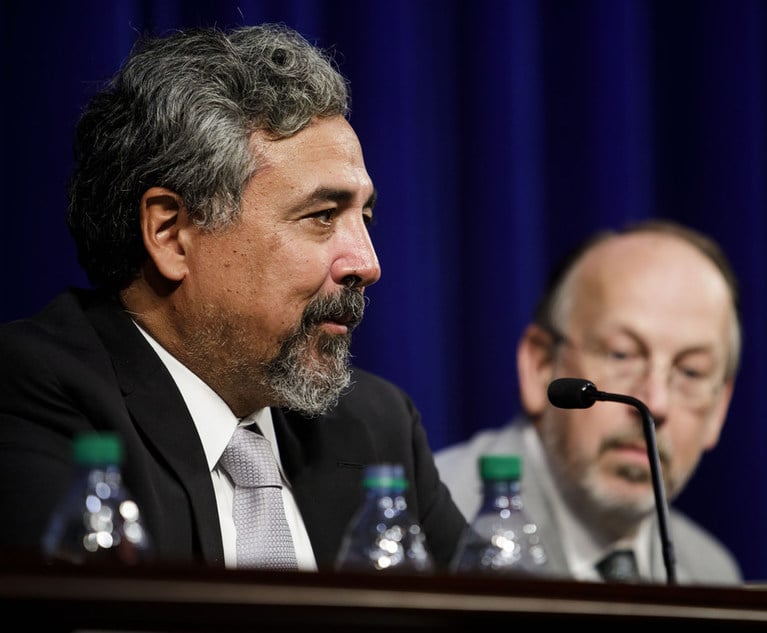Three arbitration cases are on the U.S. Supreme Court’s docket this month. Each involves various aspects of the Federal Arbitration Act (FAA). In New Prime v. Oliveira, the court will decide whether the FAA applies to independent contractors of a transportation company. See Samuel Estreicher & Holly H. Weiss, “SCOTUS to Decide If the Federal Arbitration Act Exemption for Transportation Workers Extends to Independent Truckers,” New York Law Journal (March 16, 2018). In Lamps Plus v. Varela, the court will address how parties can indicate their agreement to participate in class arbitration. See Samuel Estreicher & Holly H. Weiss, “High Court to Decide When a Contract Is Ambiguous on Question of Class Arbitration,” New York Law Journal (May 31, 2018). Finally, the court will consider whether a court or arbitrator should determine the arbitrability of a claim for injunctive relief, when the claim is carved out from the arbitration agreement, in Henry Schein v. Archer White Sales.
More arbitration cases may lie on the horizon. For example, the Supreme Court’s decision earlier this year in Epic Systems v. Lewis indicated further judicial acceptance of class action waivers in rejecting a challenge under the “concerted activity” provision of §7 of the National Labor Relations Act to agreements to arbitrate that include such waivers. In light of Epic Systems, the question whether the court or arbitrator decides that an arbitration agreement authorizes a classwide proceeding when the agreement is silent on the issue has taken on enhanced significance. A recent decision in the Eleventh Circuit, in JPay v. Koebel, Case No. 17-13611 (Sept. 19, 2018), addresses this question.


 Samuel Estreicher and Holly H. Weiss
Samuel Estreicher and Holly H. Weiss





